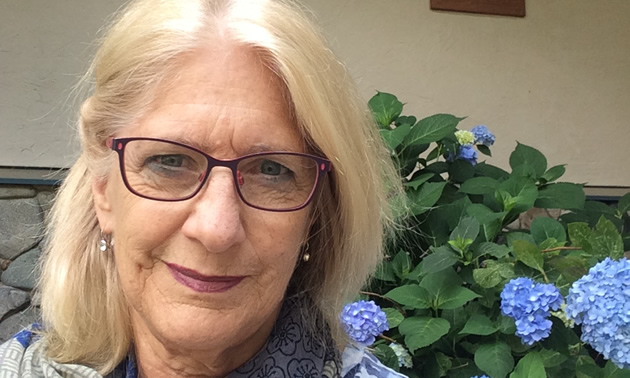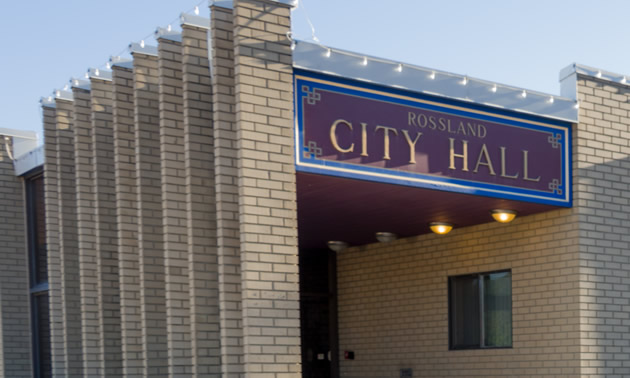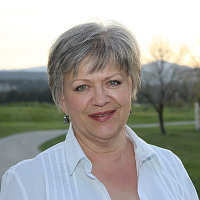Rossland restructures
Challenges have brought out the best in Rossland’s mayor and council

Kathy Moore was acclaimed for a second term as mayor of Rossland, B.C. — Photo courtesy Kathy Moore
In 2013, Rossland, B.C., had the dubious honour of being the first community in the province to be audited by the new auditor general, and it was found seriously wanting. That would have been about the time that Kathy Moore was finishing her second term on city council and considering running for mayor.
“Since then,” Moore said, “we’ve implemented strong financial management policies, setting up reserve funds and really cleaning up our financial act. Last year, Bryan Teasdale, our CAO, and I were invited to the Asset Management B.C. Conference, as an example of best practices. We’ve gone from being terrible at it to being held up as a model.”
In October 2018, Moore was acclaimed for a second term as Rossland’s mayor.
“These last four years have been an absolute pleasure for me in terms of how well Rossland council has worked together,” she said, "and there are many things that I’d like to see continued.”
Future proofing
Included in the work ahead is an upgrade to the wastewater treatment system shared by Rossland, Trail and Warfield. Installation of upgraded water meters will allow the City to implement conservation water pricing. Users will be able to monitor their water usage and lower their costs.
“Rossland relies on snowpack and streams for its water, as there is no aquifer or large body of water near by,” Moore said. “The less water our residents use, the longer we can maintain our filtration and treatment systems and the other necessary infrastructure, and the less it will cost the community. We’re trying to future-proof ourselves.”
Economically, Rossland did well in 2018. The past ski season was the city’s busiest heads-in-beds season on record, and summer events and activities kept tourism venues very busy too.
On the environment
Moore listed a number of measures that the City has taken to support a sustainable environment.
- Rossland has adopted a community strategic energy and emissions plan, a corporate emissions reduction plan and a water-smart action plan.
- 180 truckloads of material from the city’s annual free yard waste pickup were deposited at a local farm to make a hugelkultur bed. In addition to reducing emissions, the City saved up to $20,000 on fuel and labour by not trucking the material to the landfill.
- The City has supported development of two wetlands—one near Rossland Summit School and one next to Rossland’s community campground, operated by the Lions Club—and one native plant garden, also near the school.
- City Hall staff is crafting a bylaw to ban single-use plastic bags, based on the successful bylaw in Victoria.
On the roof
On a Saturday in early March 2018, the roof of Rossland City Hall had a partial collapse due to the heavy snow load and an undetected structural defect. City hall operations were immediately moved, first to the fourth floor of Miners Hall for a couple of weeks, and then into the former KAST building.
Because asbestos was found in the structure, the old city hall has essentially been gutted.
“I can’t give enough credit to the staff at city hall for the way they took things in stride and continue to carry out operations under incredibly trying circumstances,” Moore said. She applauds CFO Elma Hammling and CAO Bryan Teasdale for having had the foresight to relocate the bulk of the city hall records to the cloud.

Snow load and a structural defect at Rossland City Hall prompted city council and staff to vacate the building in February 2018. — Dave Cornelius photo
“We would have been in dire straits if it hadn’t been for their work,” Moore added. “It was still difficult and inconvenient, but we’re recovering.”






Comments